Uh oh, you got yourself in a fender bender. After years and years of pristine, perfect driving it finally happened. You’ve crumpled a bumper backing up in a parking lot, or clipped a tail light while changing lanes. Now, not only do you have to deal with the headache of getting your vehicle repaired, you can also look forward to paying higher insurance premiums each year as a result of your besmirched driving record.
Does that seem fair? Should years of safe, secure, mindful driving be undone by one minor accident?That’s exactly what claims forgiveness is there for.
Claims forgiveness is a common protection offered by most auto insurance companies. It goes by several other names like “claims protection” or “accident forgiveness,” but the basic idea is the always same. It’s a feature that protects your driving record from taking a hit after you’ve had an at-fault accident or claim.
Your driving record is the most important factor when acquiring auto insurance and favorable premiums. Every auto insurance company bases their premiums on a client’s driving record. If you’ve been driving for years and years without so much as a scrape of paint, you’re considered low-risk and eligible for the best rates they can offer. Pick up the occasional dent, find yourself involved in some at-fault minor accidents, or worse yet, a substantial accident, and your premiums will climb right alongside your risk profile (and these rates can get nasty as the accidents and mistakes pile up).
Claims forgiveness can keep one mistake from meaning a higher premium for the next several years. It’s a safety net that protects drivers who are largely safe and sensible from having to pay ongoing penance for one bad day. Essentially, if you have an at-fault accident with claims forgiveness, the accident will be acknowledged and still considered your fault, but your driving record will not be effected and you’re risk profile will remain the same.
However, it is a single-use safety net. If you have a second at-fault accident, you’ll be held accountable for it in full and likely face increased premiums.
It’s also worth keeping in mind that this protection only applies to at-fault accidents. If you’re involved in an accident due to another driver’s negligence or poor decision making, or involved in a no-fault accident, that won’t use up your one shot at claims forgiveness.
So how do you get claims forgiveness? Every company has their own different standards and rules for who can apply for claims forgiveness. Often though, these rules will involve your current driving record and risk profile. If you have been driving for more than 6 years without accident, how long you’ve had your license, what kind of vehicle you drive (with the usual list of exclusions for modified, custom, or unusual vehicles).
If you are eligible, it makes a lot of sense to add claims forgiveness to your policy. It is usually fairly inexpensive, sometimes as low as $25 a year. With the protection you get at that price, it’s an obvious choice!
Don’t know if you currently have claims forgiveness or if you would even meet the criteria for it? No problem, that’s what we’re here for! Just give one of our friendly brokers a call and we’ll help you explore your options and get you the best protection possible!




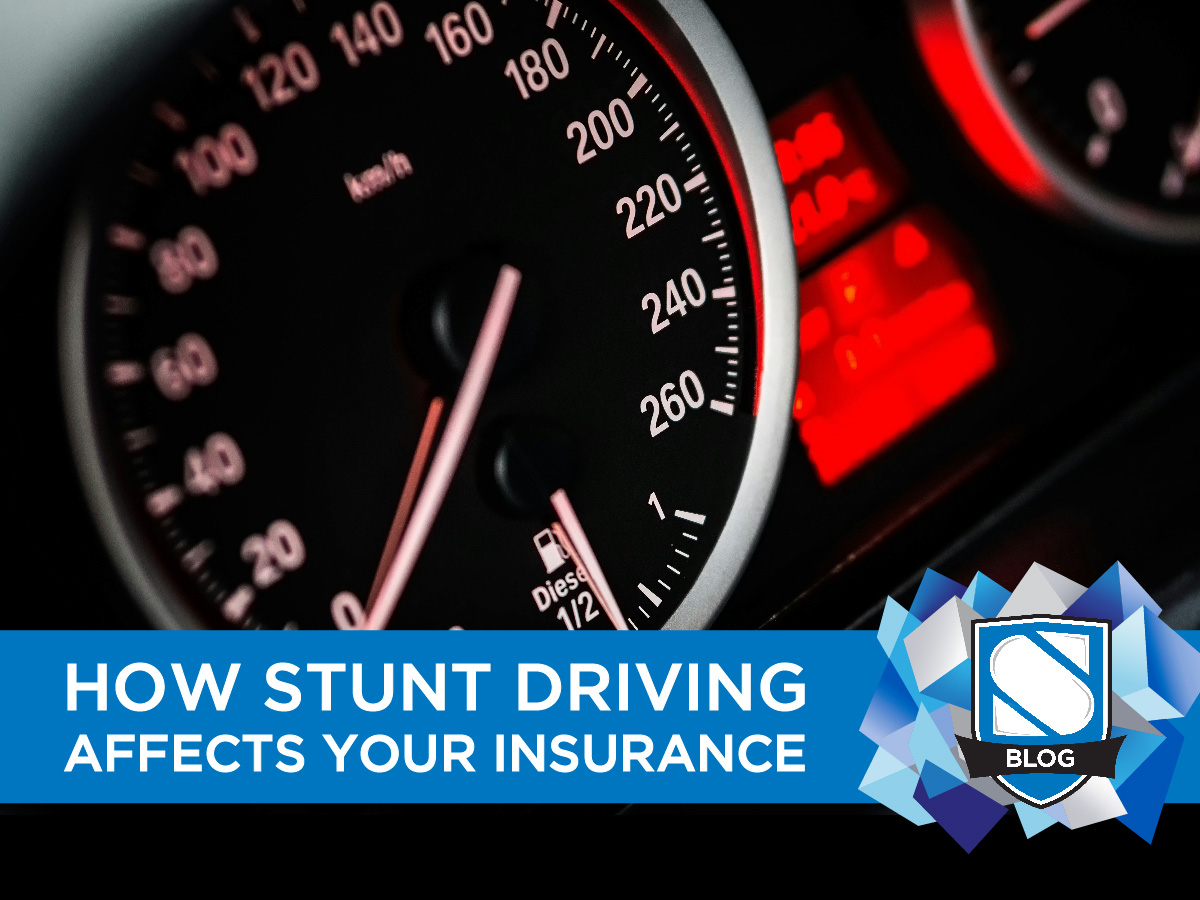
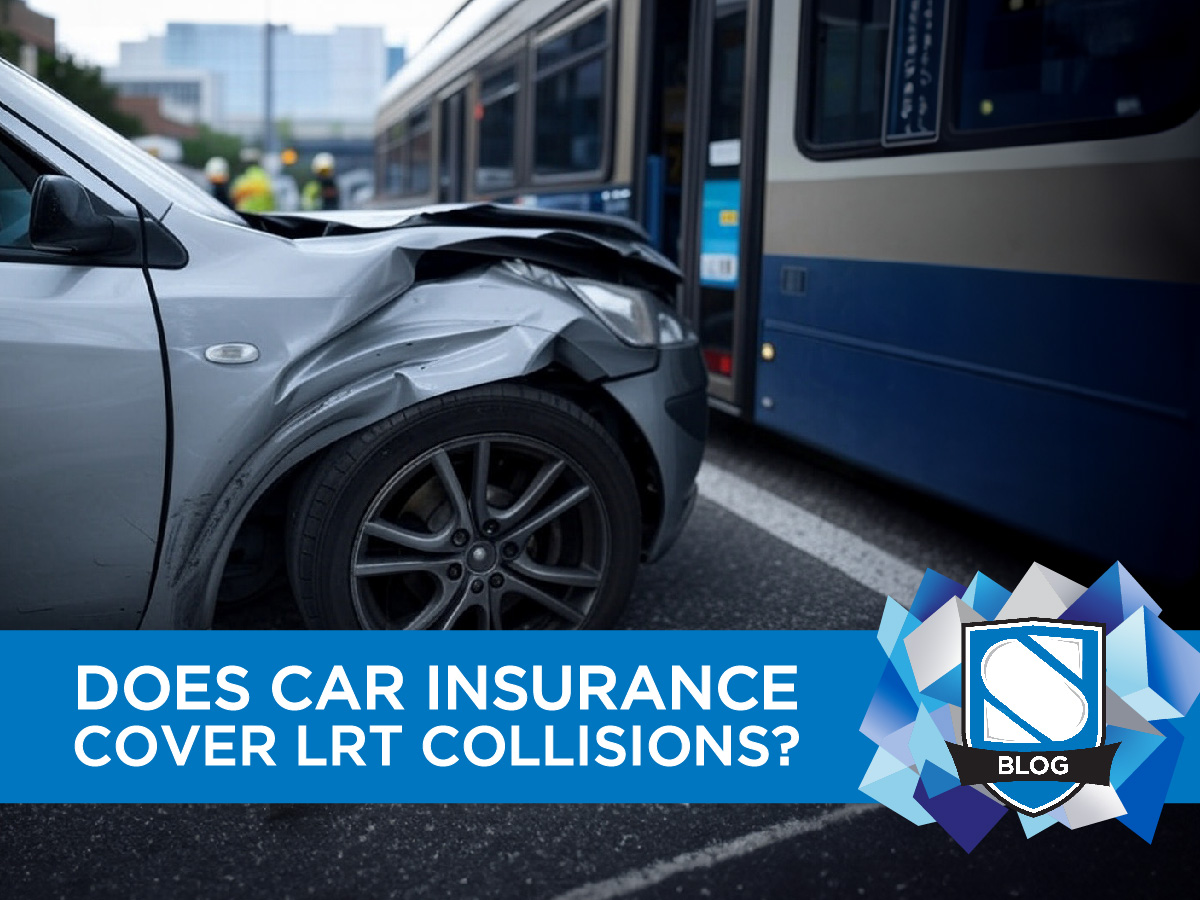

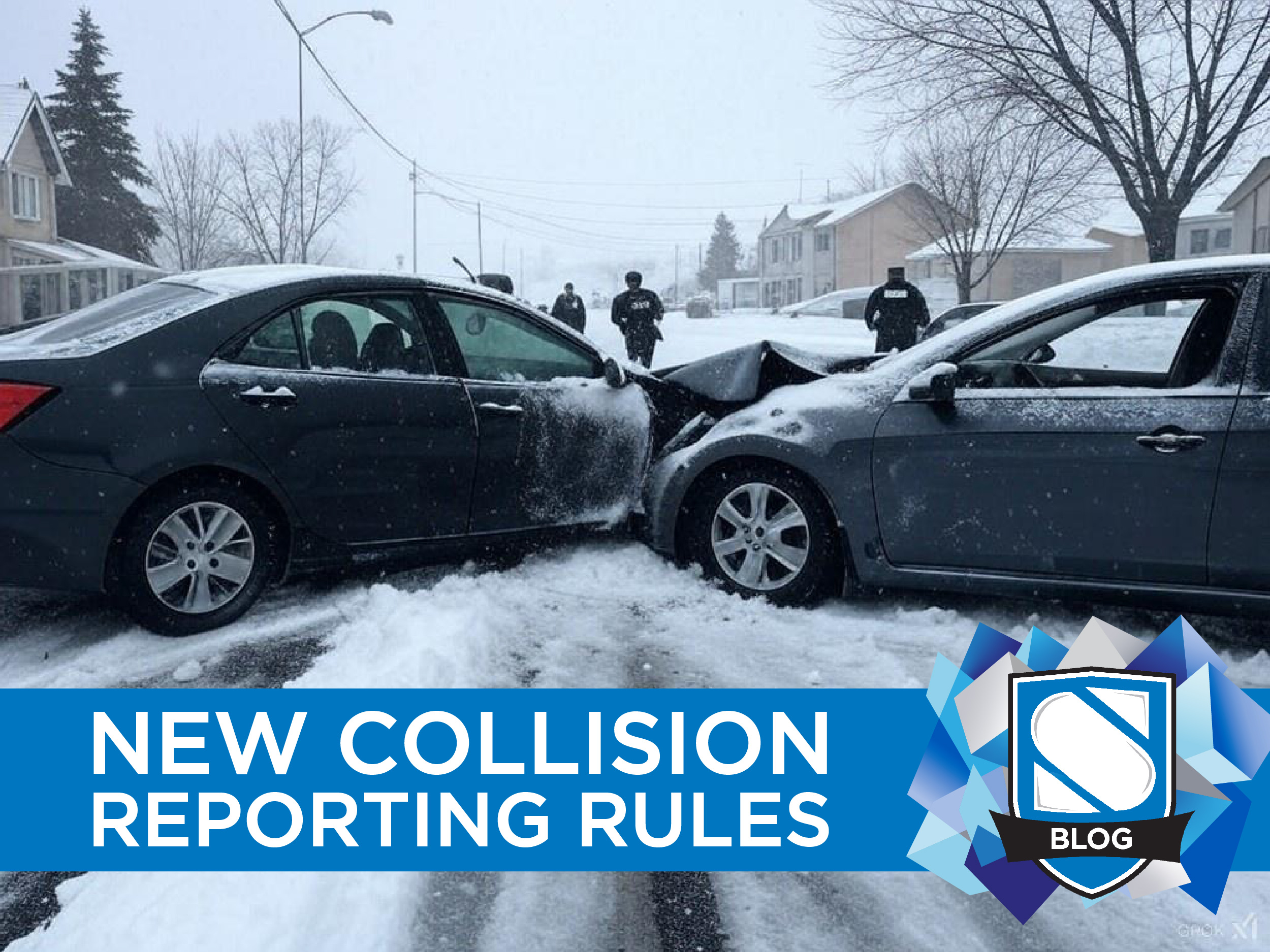
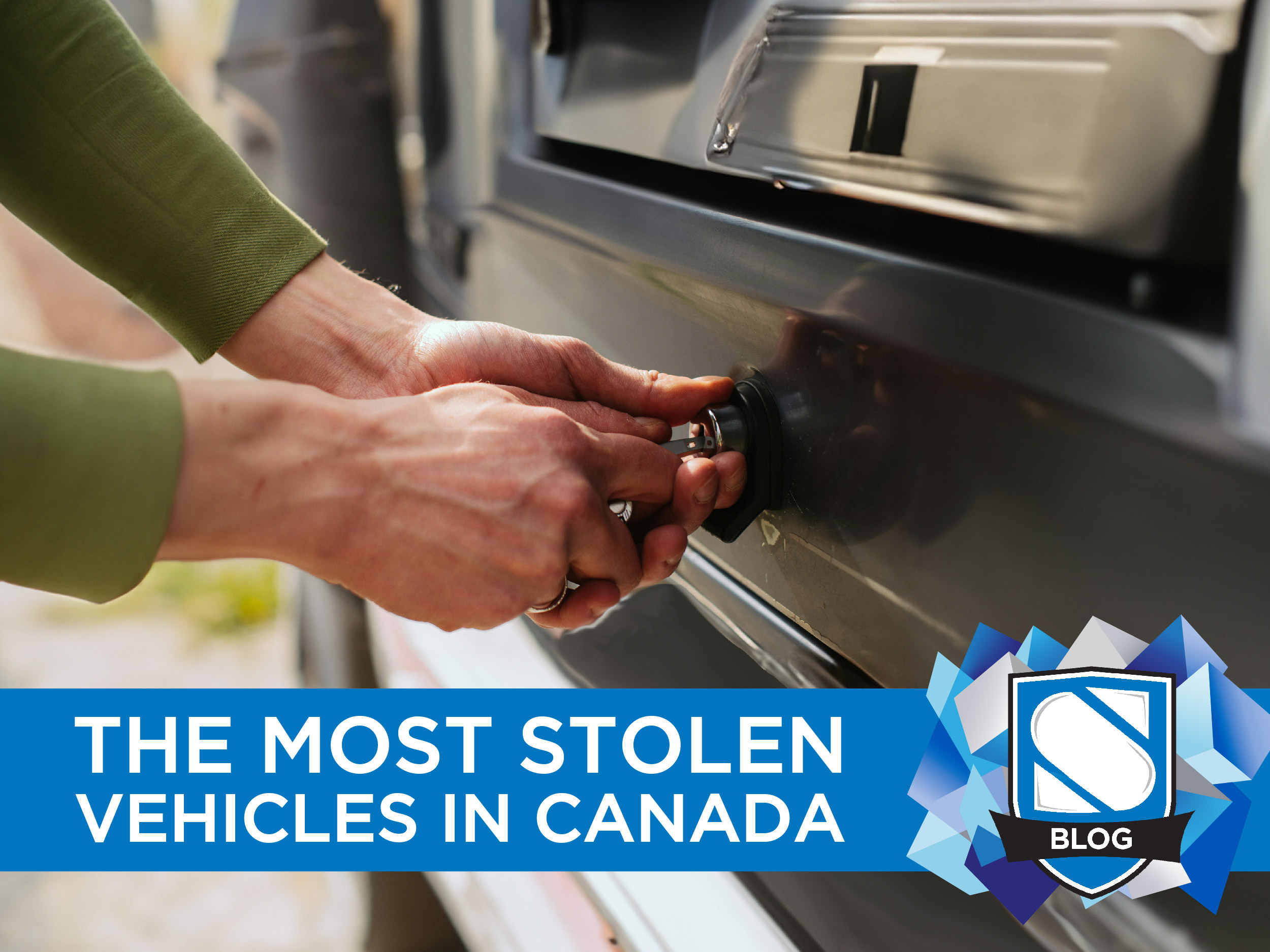

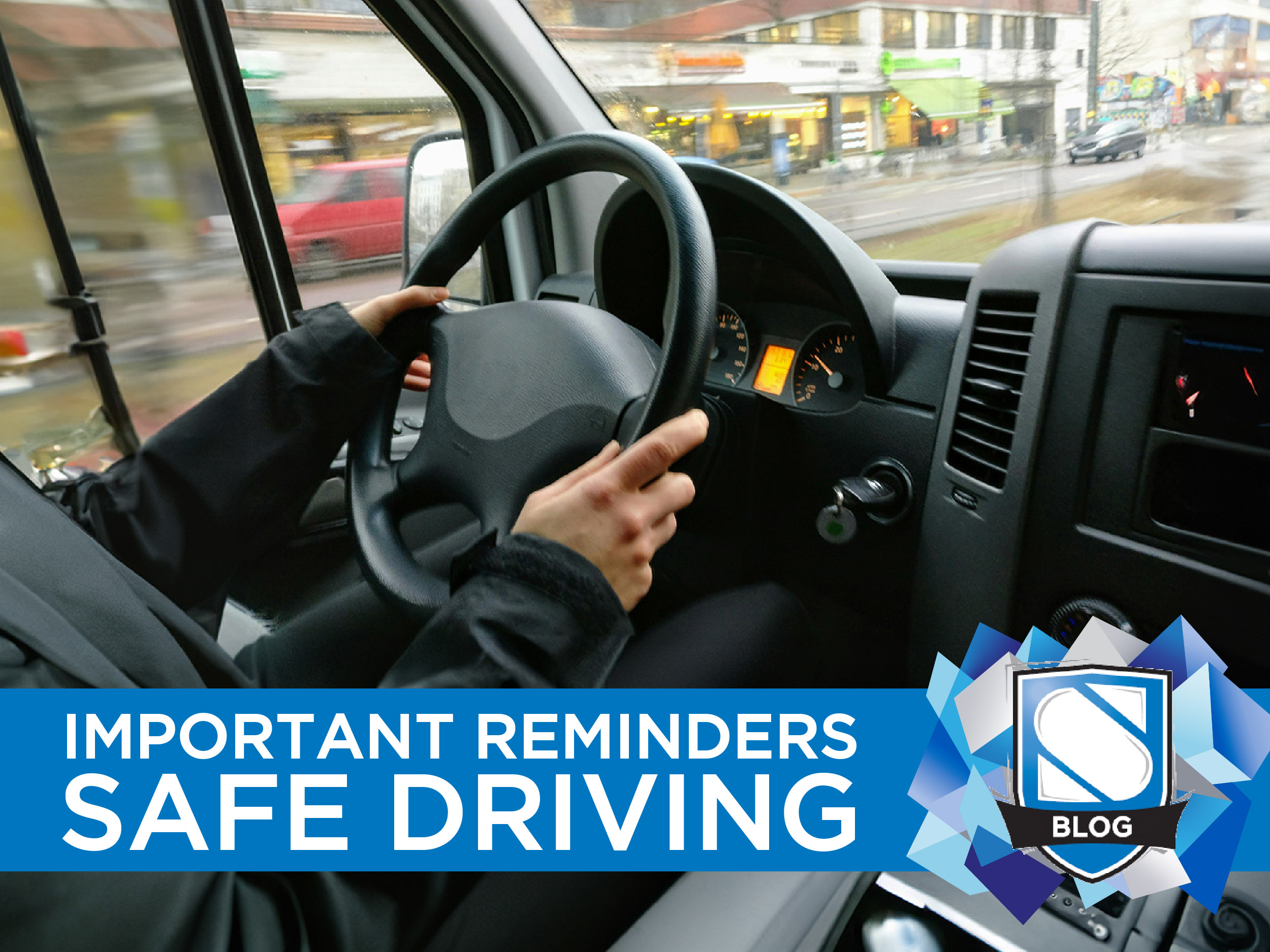

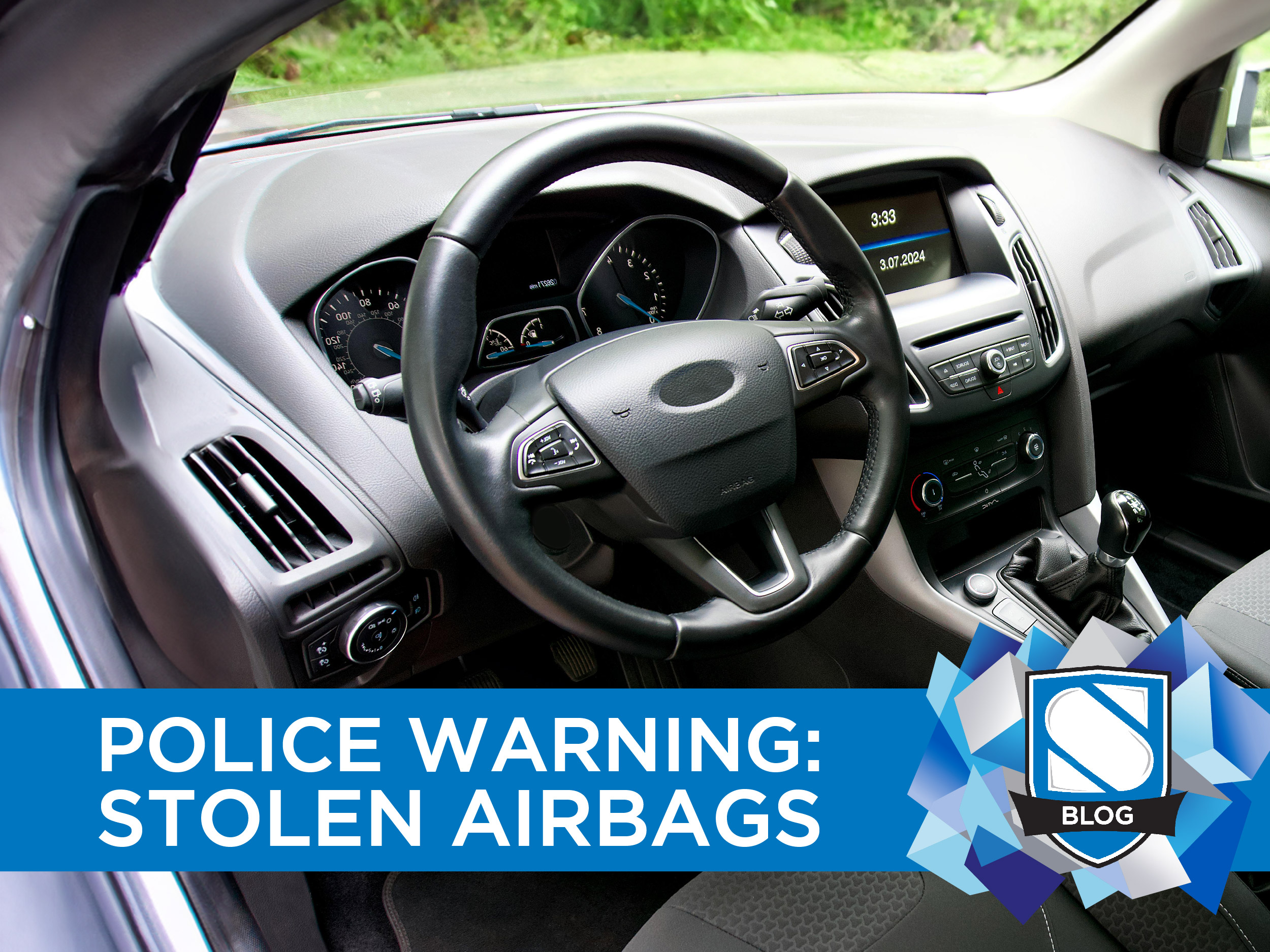
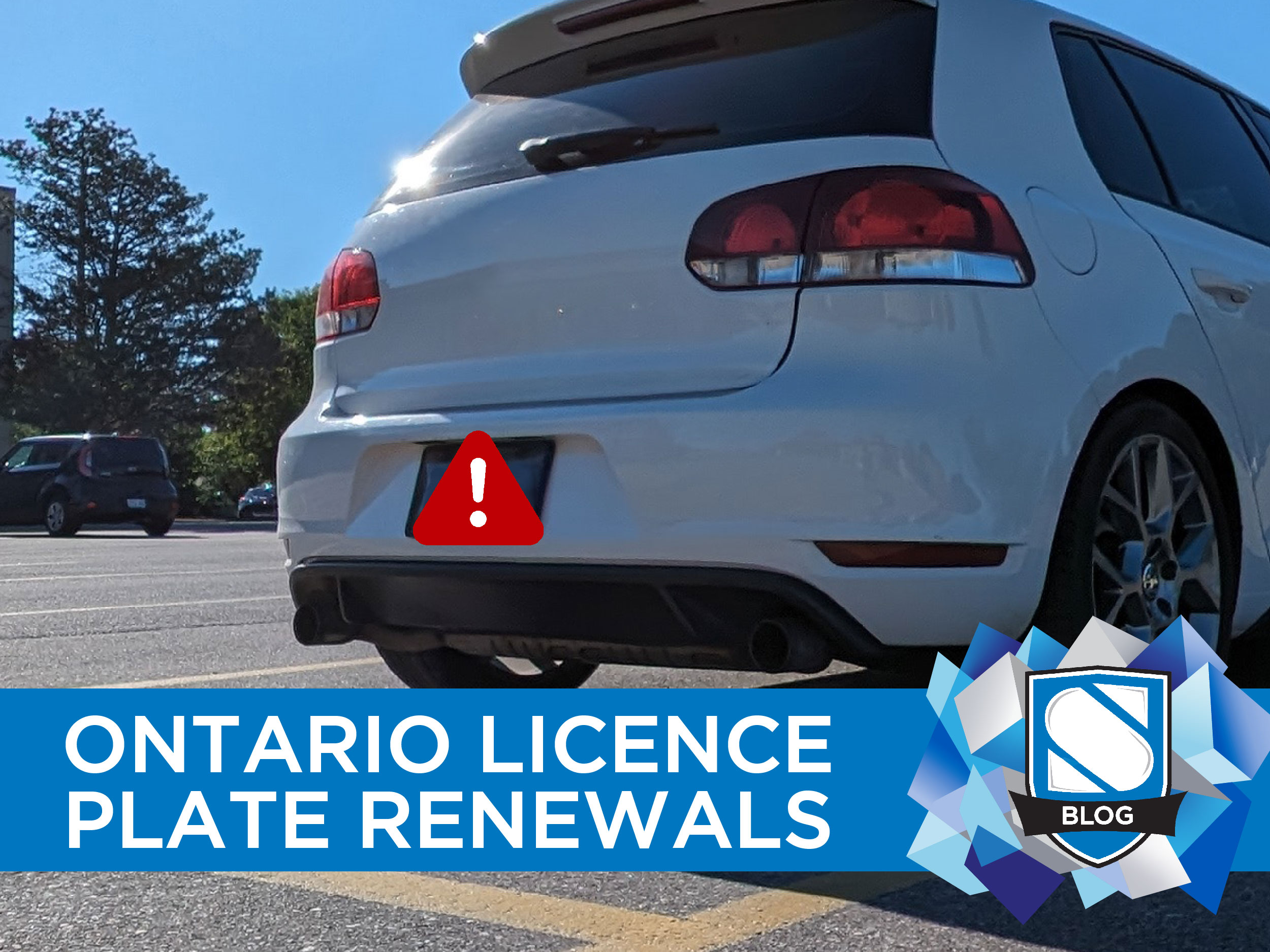
0 Comments